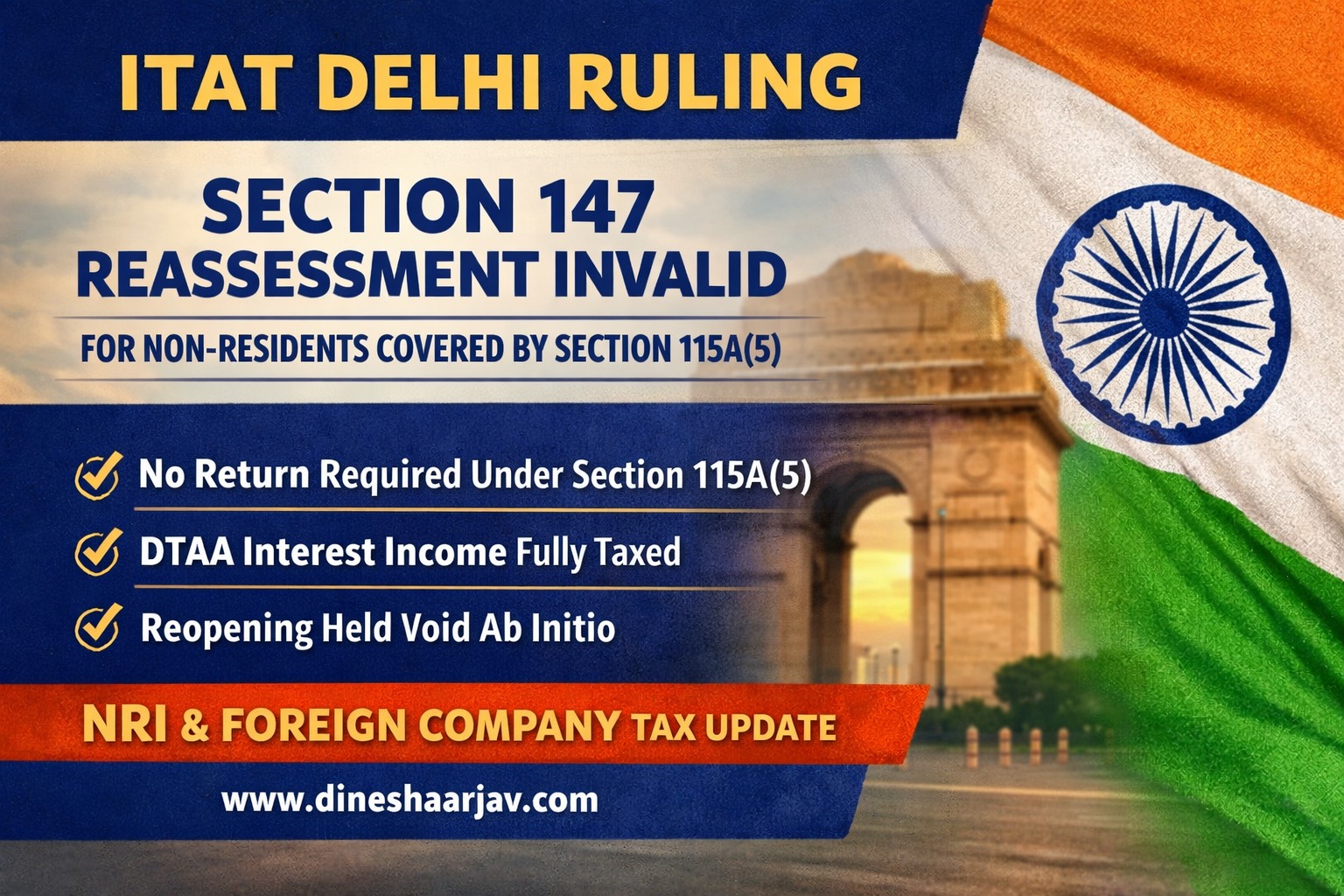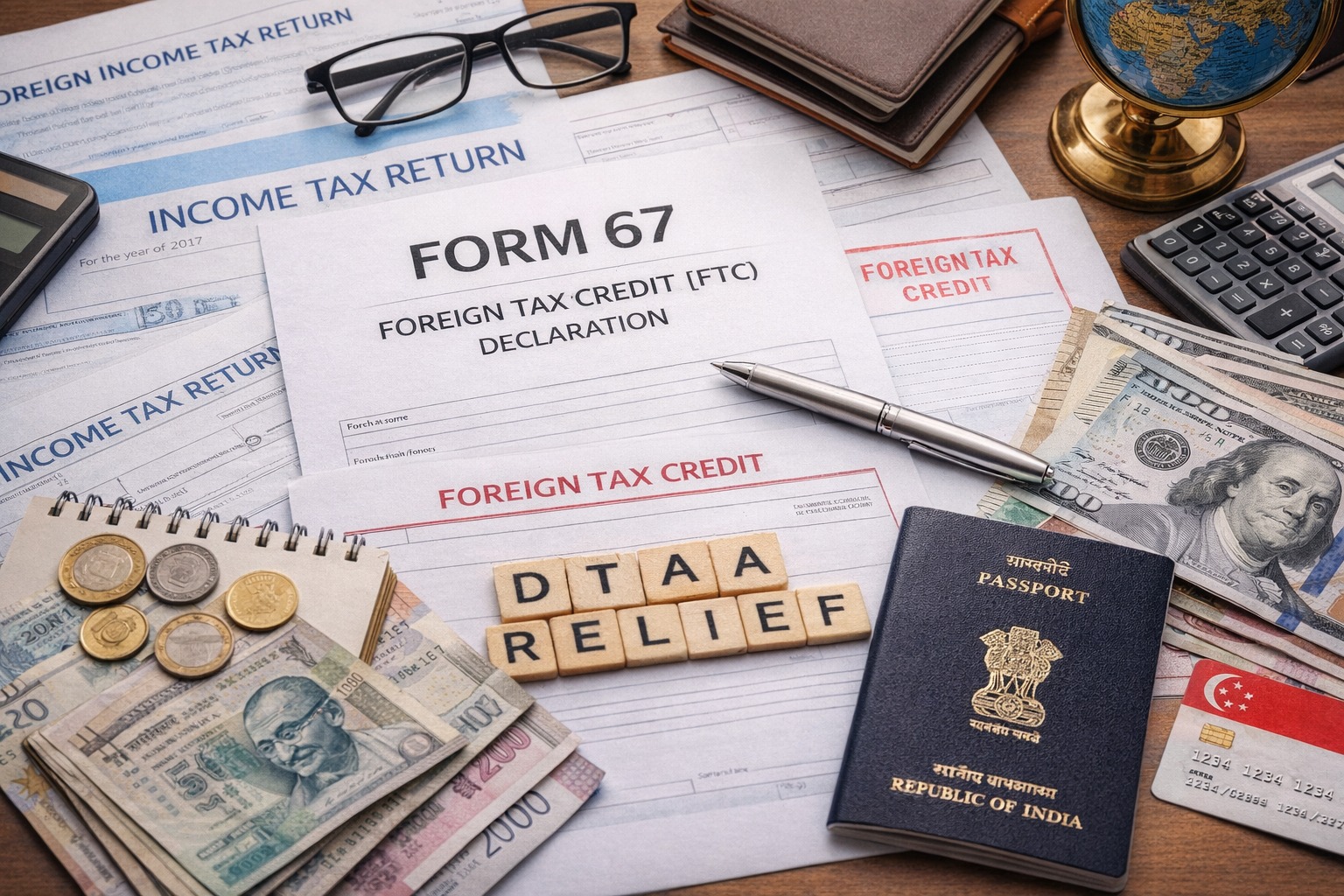 WhatsApp
WhatsApp
 Call Us
Call Us
 Email Us
Email Us
 Whatsapp Community
Whatsapp Community

Non-resident Indians (NRIs) can reap substantial financial benefits when they earn income in foreign currencies and convert it into Indian rupees for investments and savings. This conversion often leads to significant growth in rupee terms, making it a lucrative prospect for NRIs.
However, when an NRI decides to return to India, there are crucial legal considerations that must be carefully navigated. Two key laws come into play: the Foreign Exchange Management Act (FEMA) and the Income Tax Act. It's important to note that FEMA rules differ from Income Tax (IT) rules, and the primary determinant under FEMA is the 'intent' to settle in India, rather than just the residential status or the duration of stay in the country.
During the initial period of return, overseas income is typically not subject to taxation for Resident but Not Ordinarily Resident (RNOR) individuals. However, it is essential to disclose foreign assets in income tax returns during this phase. Subsequently, as the individual transitions into a Resident and Ordinary Resident (ROR), or simply a Resident, their global income becomes taxable in India.
When liquidating assets abroad to facilitate the move to India, seeking advice from a qualified chartered accountant is highly advisable. This consultation ensures that the individual does not end up liable for taxes in both countries. Furthermore, if asset liquidation occurs after returning to India, specific timeframes must be adhered to in bringing the sale proceeds back to India in accordance with FEMA rules. An expert chartered accountant can offer personalized guidance on these critical aspects, tailored to the individual's unique circumstances







Stay in the loop, subscribe to our newsletter and unlock a world of exclusive updates, insights, and offers delivered straight to your inbox.